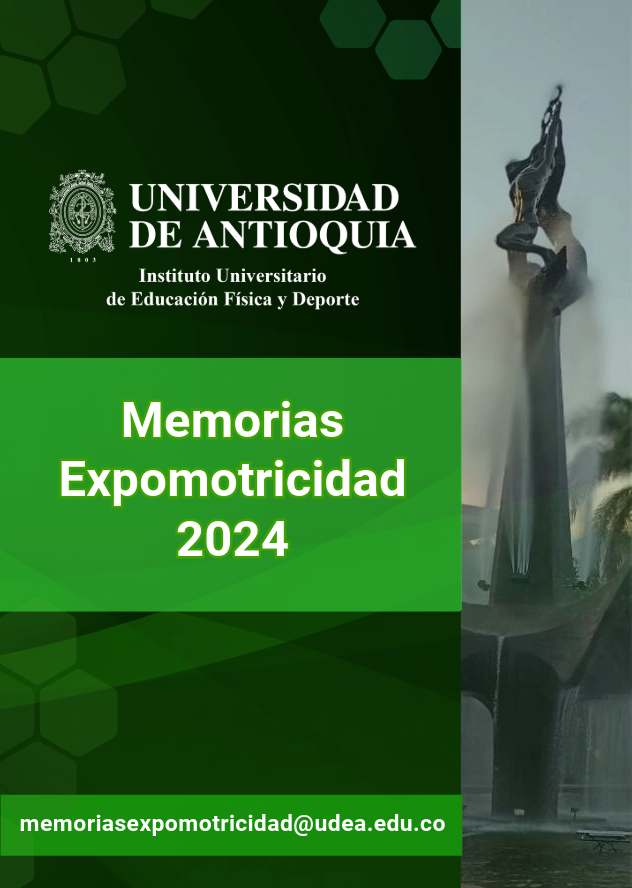A comprehensive pedagogical approach to communities of practice for the education of health and physical education professionals
Keywords:
communities of practice, technical skills, physical education, professional development, theory-practice integrationAbstract
Communities of Practice (CoP) are groups of people who share a genuine interest in solving practical problems and who come together to learn, share knowledge, and improve their practices. The goal of this work was to support the relevance of communities of practice in the education of health and physical education professionals. To this end, a desk review of communities of practice, their implementation, and their benefits in the education of health and physical education professionals was conducted. The results show at least four positive aspects of CoPs: (1) development of professional technical, clinical and pedagogical competencies through interaction and exchange of experiences; (2) collaborative learning where members can share knowledge, solve problems and generate new ideas; (3) theoretical-practical integration to solve problems in real contexts for which there is not always enough theory; and (4) emotional and professional support for members who can share challenges and receive constructive feedback, contributing to resilience and professional well-being. A constructivist pedagogical perspective emphasizes the importance of learning through social interaction and the active construction of knowledge. Thus, CoPs would make learning more effective if it took place in real, practical contexts. Participation in a CoP allows professionals to acquire new knowledge, reflect critically, analyze their practice, discuss mistakes and successes, and develop a deeper understanding of their own competencies and areas for improvement in order to adapt to the changing demands of the professional environment. In conclusion, by combining theory and practice, CoPs create a situated learning environment that can significantly contribute to the development of more qualified professionals prepared to meet the specific challenges of health and physical education.
Downloads
References
1. Arribas-Cubero, H. F., Cano Sanz, J., Frutos-de Miguel, J., y García González, A. (2023). Escalada para conectar: de proyecto de ApS a comunidad de práctica, aprendizaje y afecto. Revista Internacional de Educación para la Justicia Social, 12(1), 85-103. https://doi.org/10.15366/riejs2023.12.1.005
2. Barragán Giraldo, D. F. (2015). Las comunidades de práctica (CP): hacia una reconfiguración hermenéutica. Franciscanum, 57(163), 155-176. https://doi.org/10.21500/01201468.699
3. Cordero, S., y Mengascini, A. (2016). La construcción de una comunidad de práctica: articulaciones posibles entre la escuela y la academia. Cuadernos de la Facultad de Humanidades y Ciencias Sociales. Universidad Nacional de Jujuy, (50), 147-159. http://revista.fhycs.unju.edu.ar/revistacuadernos/index.php/cuadernos/article/view/67
4. González Triviño, P., Aponte, C., Góngora, S., Leal, J., Carrillo, D., Díaz-Martínez, L. A., y Restrepo Escobar, J. A. (2021). Comunidades de práctica en educación médica: relación con la enseñanza clínica. Educación Médica, 22(Supl. 6), 509-513. https://doi.org/10.1016/j.edumed.2020.08.007
5. Steinert, Y., Basi, M., y Nugus, P. (2017). How Physicians Teach in the Clinical Setting: The Embedded Roles of Teaching and Clinical Care. Medical Teacher, 39(12), 1238-1244. https://doi.org/10.1080/0142159x.2017.1360473
6. Tünnermann Bernheim, C. (2011). El constructivismo y el aprendizaje de los estudiantes. Universidades, (48), 21-32. https://www.redalyc.org/articulo.oa?id=37319199005
Downloads
Published
How to Cite
Issue
Section
License
Copyright (c) 2024 Teresita Alzate-Yepes

This work is licensed under a Creative Commons Attribution-NonCommercial-ShareAlike 4.0 International License.




